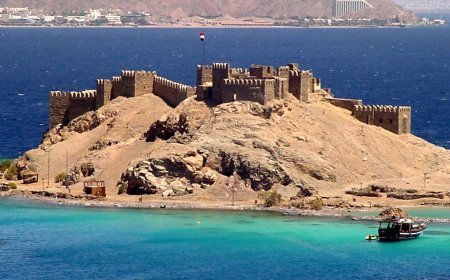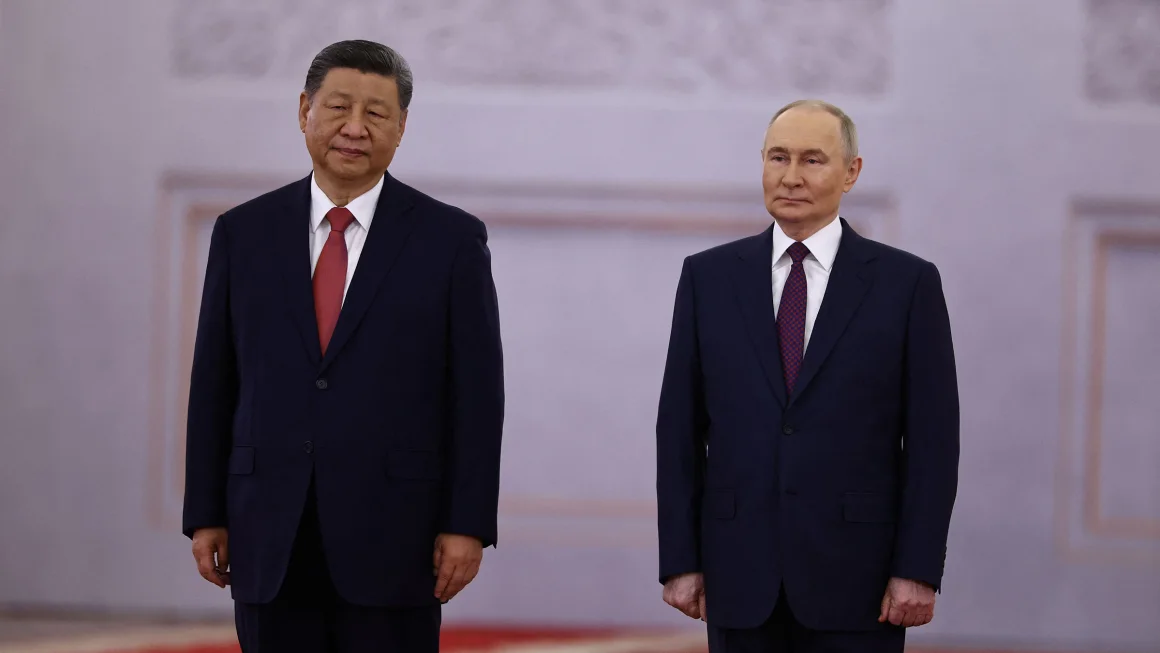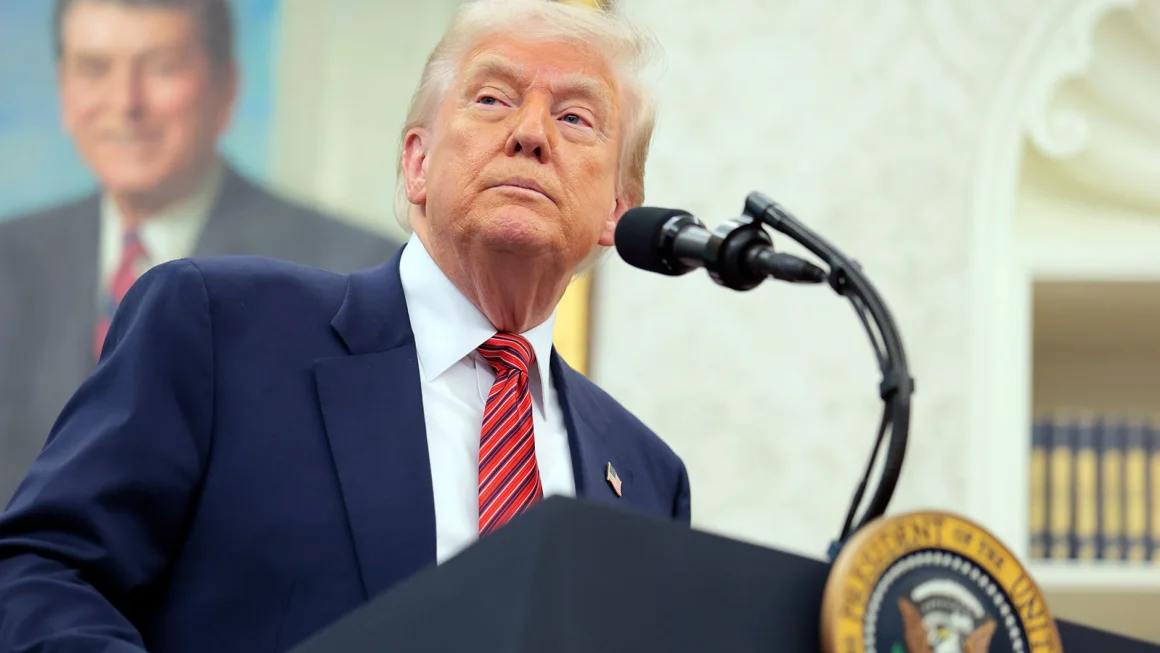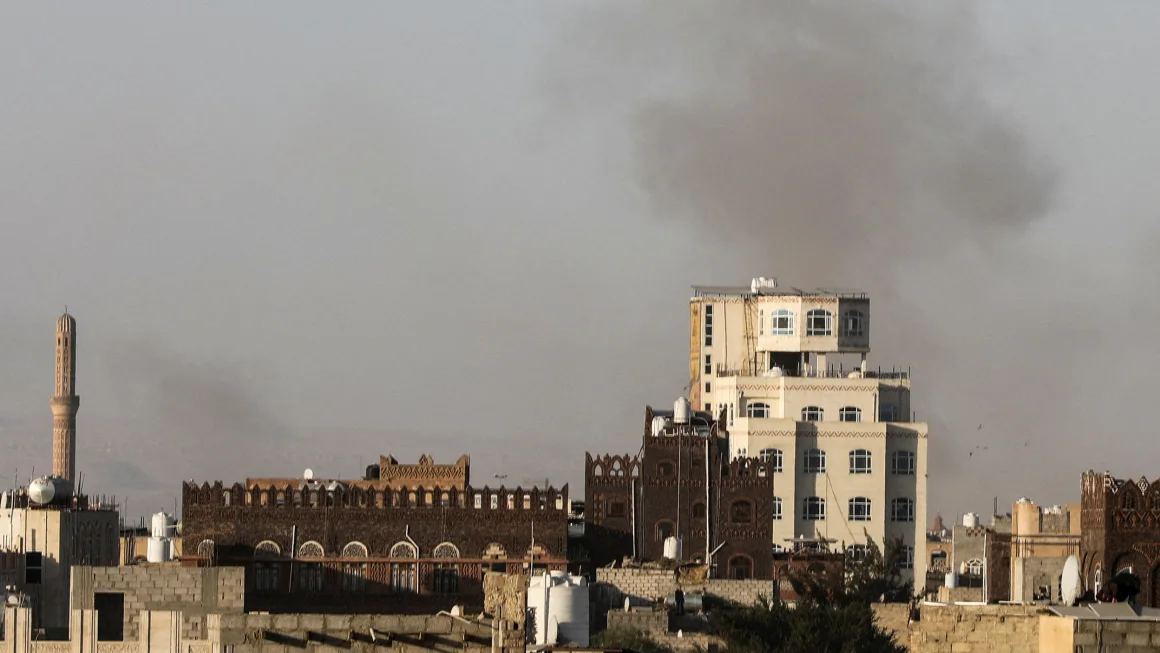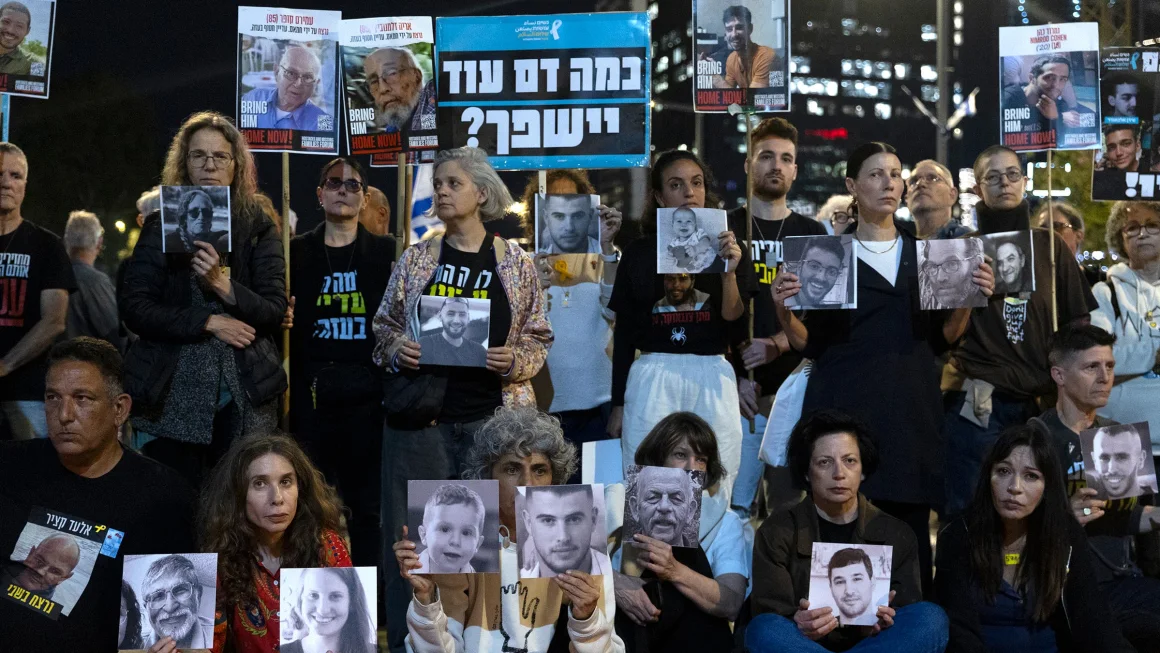Opinion: How a Biden move to drop terrorist designation on Iran-backed militia backfired
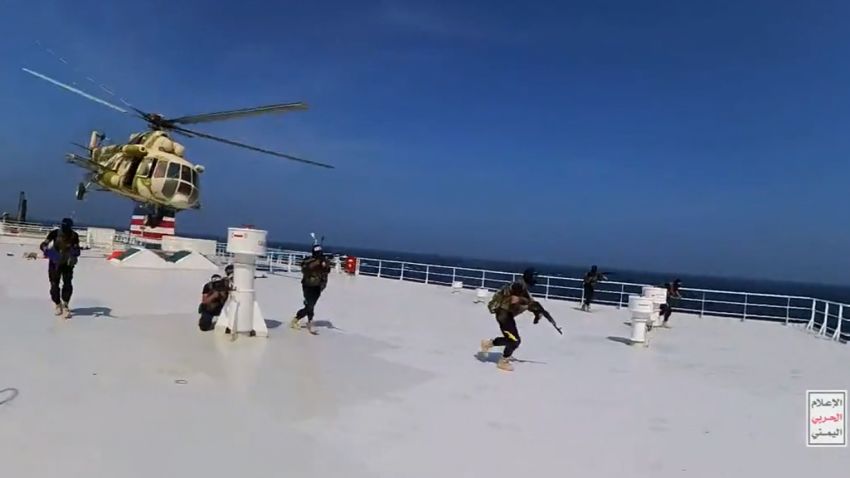
Editor’s note: Frida Ghitis, a former CNN producer and correspondent, is a world affairs columnist. She is a weekly opinion contributor to CNN, a contributing columnist to The Washington Post and a columnist for World Politics Review. The views expressed in this commentary are her own. View more opinion on CNN.
US military forces once again confronted aggressive, potentially deadly moves by Iran-allied militias in the Middle East over the weekend. It’s further evidence that American efforts to deter these militias’ dangerous, persistent belligerence are simply not working. The message to Iran is not getting through.

On Sunday, explosions rocked the Red Sea¸ the narrow but pivotal body of water that connects Europe to the Middle East and Asia. Yemen’s Houthi militias, closely allied with Iran, were firing missiles at commercial vessels and possibly at US naval ships, so the United States fired back, shooting down drones, repeating a now familiar but increasingly perilous cycle that threatens to escalate with potentially ominous consequences.
The USS Carney responded amid a series of four attacks by the Houthis, according to US Central Command. Most of the militia’s targets were civilian cargo ships, but, worryingly, at least one armed drone was “headed toward Carney although its specific target is not clear,” the US statement said.
The continuing attacks by militias allied with Iran and its Islamic Revolutionary Guard Corps, or IRGC, targeting US forces across the Middle East along with civilian vessels, are posing an untenable dilemma for the Biden administration.
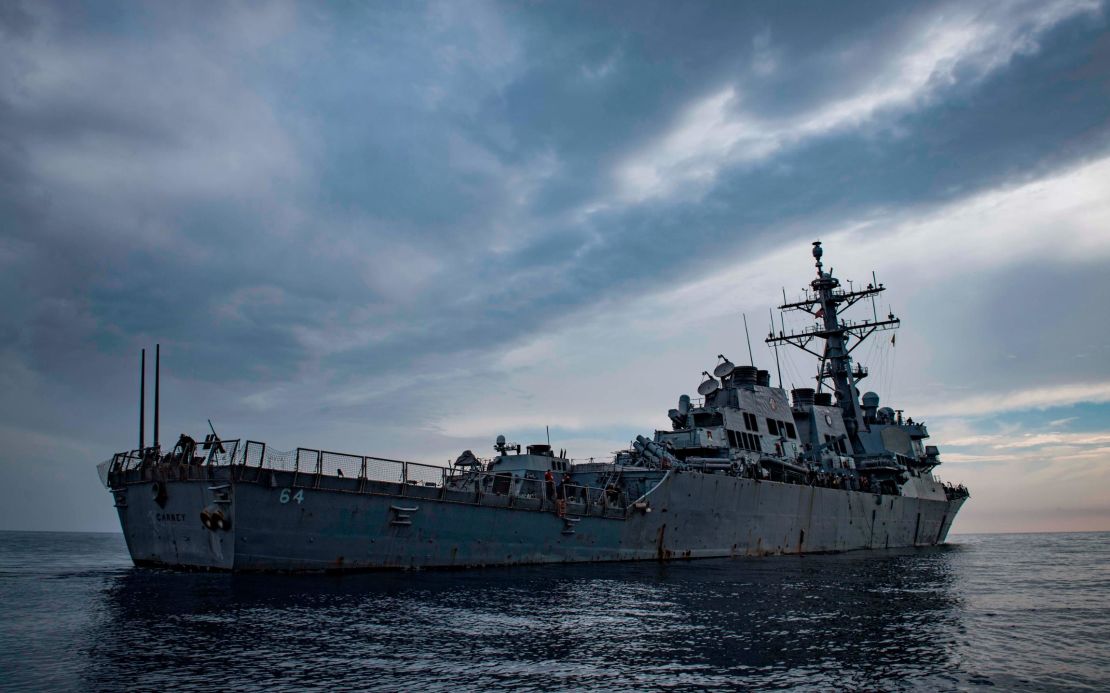
The White House wisely wants to prevent the war between Israel and Hamas — like the Houthis a member of Iran’s “axis of resistance” — from expanding into a regional conflict. But Iran’s proxies are relentlessly taunting the Americans. Iran’s partners have launched at least 76 separate attacks against US forces in Syria and Iraq since mid-October, a defense official told CNN. They attack American targets almost daily.
The Biden administration is trying to modulate its response, hitting back hard enough to deter Iran with multiple strikes against a variety of targets — killing Iran-backed militia members in Iraq this weekend, striking IRGC weapons depots in Syria, warning Hezbollah in Lebanon to think twice before jumping in — but not so hard that it falls into the trap of getting involved in another war, which neither President Joe Biden nor any responsible person in America wants.
Iran knows that.
Some Republicans are critical of the Biden administration for not doing more to prevent the attacks by the Houthis and other Iran proxies. Former Defense Secretary Leon Panetta, a Democrat, recently urged a more aggressive approach as well.
As Israel and Hamas battle each other, Iran is showcasing its defiance, trying to flex its muscle, highlighting its geographic reach across several Mideast countries, perhaps seeking to intimidate other regional rivals, along with Israel and even the United States. By keeping its own uniformed fighters largely out of the fray, Tehran has plausible deniability about its involvement in the attacks.
Few are fooled. Central Command’s statement on Sunday declared that the US believes the Houthi attacks “are fully enabled by Iran.”
For the Houthis, these violent expressions of solidarity with Hamas constitute an opportunity to burnish their standing among the Arab and Muslim publics, who are siding strongly with the Palestinians.
Whatever the motivation, the continuing attacks, and the escalating threats to civil navigation cannot be allowed to stand.
One of the most urgent items on the agenda is stabilizing conditions on the Red Sea. Look at a map. The Red Sea is the channel that connects the Mediterranean Sea with the rest of the Middle East and Asia. Any commerce between China, India or other Asian countries with Europe or the US East Coast has to pass through the Suez Canal that links the Mediterranean and the Red Sea. The Houthis pose a grave threat to international commerce and the global economy, not to mention regional stability.
The US and NATO should assertively defend freedom of navigation. The Houthis, an Iran-armed organization, needs to be confronted before a disaster at sea sends shockwaves of disruption across the global economy.
In the first place, Houthis must be designated as a terrorist organization once again.
Last month, the Biden administration revealed that it is reviewing “potential terrorist designations” for the Shia extremist group. Already members of Congress, Democrats and Republicans, are urging the administration to do just that.
The move would confirm the shift in the administration’s geopolitical stance and the waning influence on Biden’s foreign policy by progressive forces within the Democratic Party.
In February 2021, just a month after Biden’s inauguration, one of the first acts of Secretary of State Antony Blinken was lifting the Houthis’ designation as a terrorist group.
The decision was remarkable because the State Department’s announcement confirmed that the Houthis are, in fact, terrorists, noting that the group formally known as Ansarallah, was “kidnapping and torturing citizens of the United States and many of our allies, diverting humanitarian aid, brutally repressing Yemenis.”
Still, the war between the Houthi rebels and the government they sought to unseat in Yemen, backed by a coalition led by Saudi Arabia, had become a major humanitarian catastrophe. Progressive figures argued that lifting the terrorist designation — regardless of its accuracy — would save lives.
In those days, the Biden administration was trying to cool relations with Saudi Arabia, a plan that later also went into reverse.
That the Houthis are terrorists is beyond dispute. They have imprisoned and tortured countless Yemenites and foreigners. Human rights organizations have thoroughly documented their violations. They have crushed women’s rights, imprisoning and torturing women, prompting critics to suggest Yemen is headed in Afghanistan’s Taliban direction. They’ve gone after journalists, sentencing them to death before subjecting them to torture, and routinely abusing other civilians while blocking humanitarian assistance from reaching them.
Their insurgency rose out of the remote Saada governorate of Yemen, where the ethnic Houthis practice Zaidi Shia Islam. The Houthis accused the government of then-President Ali Abdullah Saleh of corruption and of being too close to Saudi Arabia and the United States.
Supported, armed and trained by Iran, they adopted the very revealing anti-American and antisemitic slogan, “God is greatest (Allahu Akbar), death to America, death to Israel, cursed be the Jews, victory to Islam.”
The Houthis say their attacks will continue until Israel stops its campaign in Gaza. But, like Hamas, Iran, Hezbollah and other members of the so-called axis of resistance, they oppose any permanent reconciliation between Israelis and Palestinians and support Israel’s destruction.
Since the October 7 Hamas massacre of Israelis that triggered the current war, the Houthis have seized a Japan-chartered cargo ship, and they have targeted a UK-owned and operated vessel, among others. They also fired ballistic missiles toward the USS Mason as the American Navy ship responded to a distress call from another civilian ship under attack.
In addition, the Houthis have launched guided missiles toward Israeli cities. American and Israeli defensive weapons have shot those down, but these moves raise the troubling question of what would ensue if a Yemeni missile hit an Israeli city.
Formally designating the Houthis a terrorist organization would provide moral clarity and prevent the Houthis from using US financial institutions and other facilities, and it would be unlikely to have negative humanitarian repercussions.
The brutal civil war that plunged Yemen’s civilians into a catastrophe is winding down after a 2022 ceasefire. Like other Iran-linked militias, the Houthis remain a source of instability, propelled by an uncompromising and repressive ideology.
Their actions, and those of other militias that are repeatedly attacking US forces require a more forceful response. The United States needs to continue calibrating its pushback carefully, but the current level is not sending the necessary message that the attacks must stop.
The post Opinion: How a Biden move to drop terrorist designation on Iran-backed militia backfired appeared first on Egypt Independent.
What's Your Reaction?
 Like
0
Like
0
 Dislike
0
Dislike
0
 Love
0
Love
0
 Funny
0
Funny
0
 Angry
0
Angry
0
 Sad
0
Sad
0
 Wow
0
Wow
0









